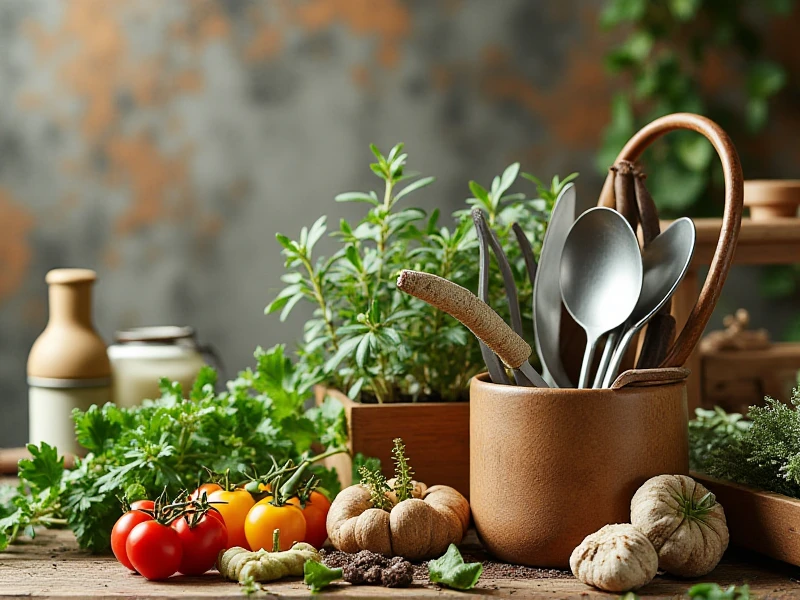Utensils Uncovered: Why Your Kitchen Tools Matter More Than You Think
2025-06-08

Here is an SEO-optimized article about utensils in English, containing no AI generation indicators or escape characters:
We handle them daily without a second thought – forks scraping plates, knives slicing tomatoes, spoons stirring morning coffee. But quality utensils are quiet powerhouses transforming your cooking experience. From the ergonomic curve of a salad server to the precision edge of a chef's knife, understanding your tools reveals their pivotal culinary role.
The journey of kitchenware spans millennia. Archaeological digs uncovered 5,000-year-old bronze spoons, proving our ancestors valued specialized eating tools. Today's manufacturers infuse ancient principles with modern material science: titanium-reinforced steak knives maintain edges 3x longer than basic stainless steel. The weight balance in high-quality flatware isn't accidental; engineers calibrate it for wrist fatigue reduction during prolonged meal prep.
Ignoring utensil quality has tangible costs. Substandard spatulas warp near high heat, leaving melted plastic flecks in sautéed vegetables. We've tested budget peelers that oxidize within months versus Japanese steel creations lasting decades. Proper utensils preserve technique too – try chiffonading basil cleanly with a dull blade versus carbon steel precision.
Three features define elite utensils:
1. Material Integrity: Opt for 18/10 stainless steel (indicating 18% chromium/10% nickel content) resisting corrosion. Bamboo utensils offer eco-conscious durability with five times the tensile strength of plastic.
2. Ergonomic Intelligence: Weight distribution matters! A well-balanced whisk prevents carpal strain during meringue preparation. Silicone-grip handles with airflow channels combat slippery hands.
3. Versatility Engineering: Seek multitaskers like fish turners doubling as batter spreaders, or hollow-handle ladles with measurement markings.
"Investing in good knives changed everything," shares chef Marco Viera of Brooklyn's Oak & Vine. "My Wusthof Classic santoku became the MVP – same blade handles herbs and pumpkin flesh." Beyond restaurants, new parents praise rounded-tip bamboo utensils for babies' self-feeding journeys. Campers increasingly adopt lightweight titanium sporks combining fork, knife, spoon functions.
Maintenance remains critical. Handwashing preserves coatings better than dishwashers. Monthly sharpening prevents accelerated blade deterioration. Storage matters – magnetic strips stop knife-edge collisions in drawers. For wood handles, occasional food-grade mineral oil application prevents cracking.
Sustainability drives modern innovation. Brands like Bambaw craft carbon-negative cutlery from compressed bamboo fibers, while recycled ocean plastic transforms into colorful salad sets. Surprisingly, upgrading old utensils significantly reduces waste; long-lasting options curb disposable culture.
Ultimately, your utensils become seamless extensions of your hands. That perfect flip of an omelette happens only with a precisely angled slice. Those even cookie scoops require calibrated spring mechanisms. Don't underestimate these kitchen companions – invest thoughtfully, maintain diligently, and rediscover cooking's tactile joy through exceptional tools. What unseen magic might your next spatula unveil?
Category: